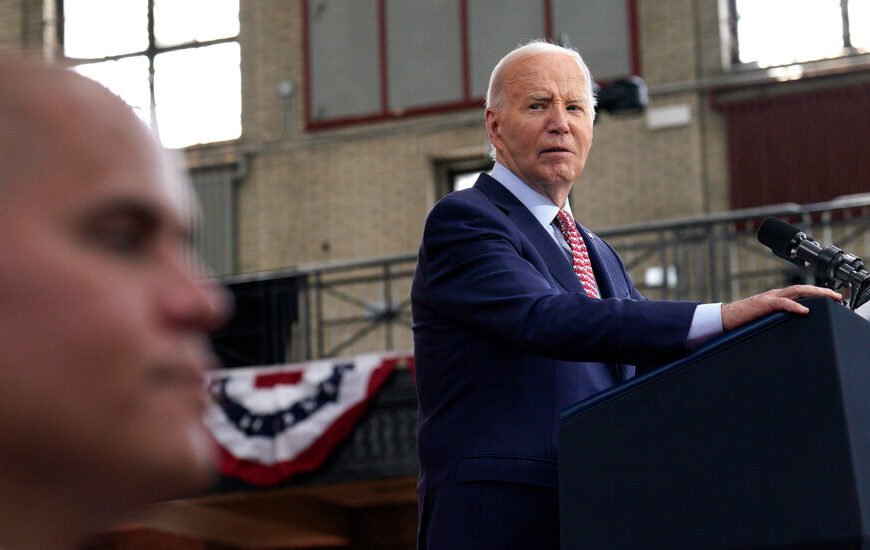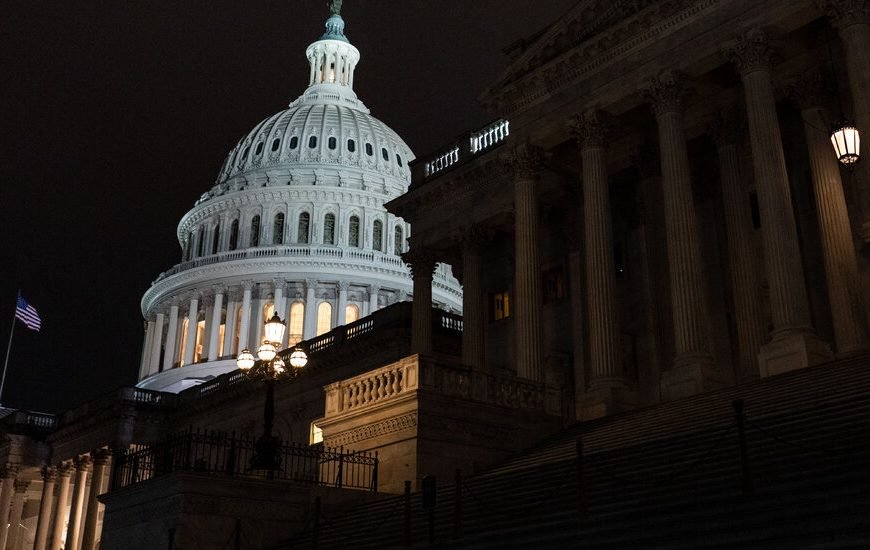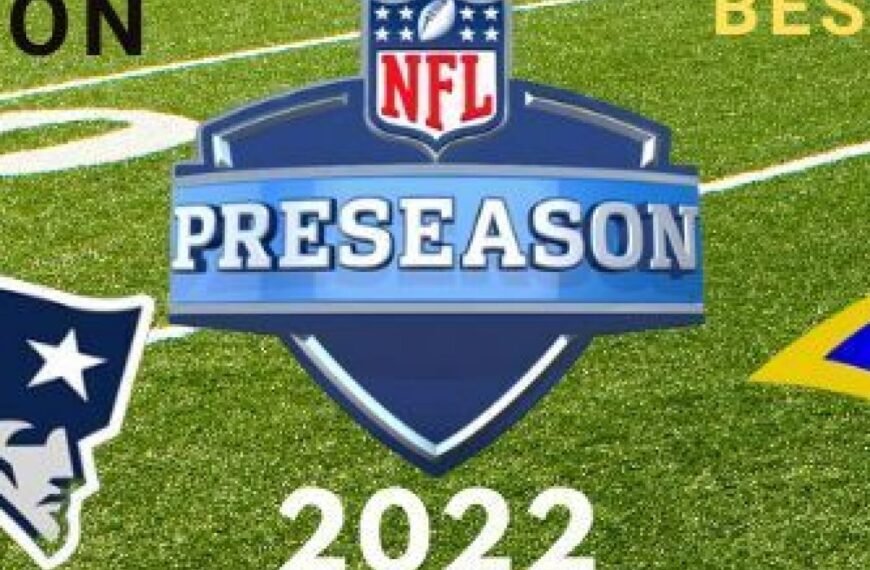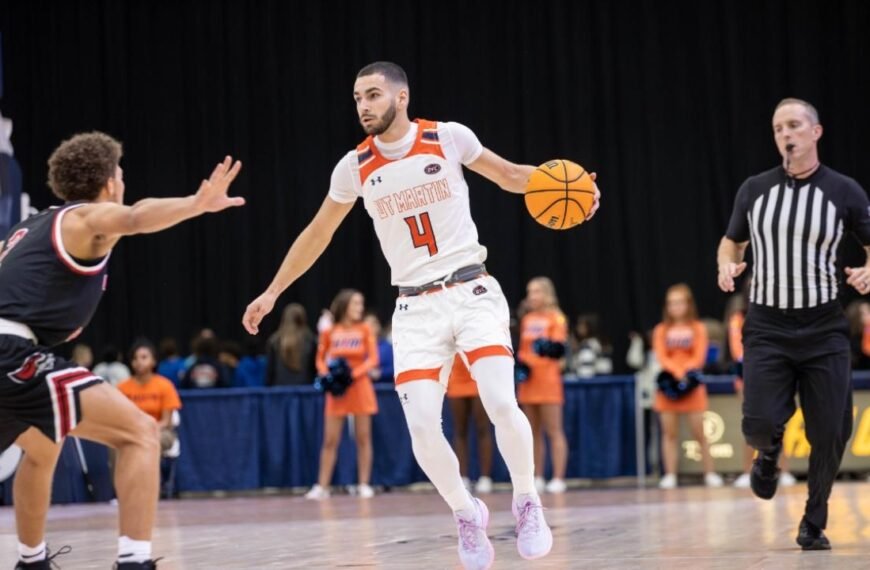Kate Oh was no one’s idea of a get-along-to-go-along employee.
During her five years as a lawyer for the American Civil Liberties Union, she was an unsparing critic of her superiors, known for sending long, blistering emails to human resources complaining about what she described as a hostile workplace.
She considered herself a whistle blower and advocate for other women in the office, drawing unflattering attention to an environment she said was rife with sexism, burdened by unmanageable workloads and stymied by a fear-based culture.
Then the tables turned, and Ms. Oh was the one slapped with an accusation of serious misconduct. The A.C.L.U. said her complaints about several superiors — all of whom were Black — used “racist stereotypes.” She was fired in May 2022.
The A.C.L.U. acknowledges that Ms. Oh, who is Korean American, never used any kind of racial slur. But the group says that her use of certain phrases and words demonstrated a pattern of willful anti-Black animus.
In one instance, according to court documents, she told a Black superior that she was “afraid” to talk with him. In another, she told a manager that their conversation was “chastising.” And in a meeting, she repeated a satirical phrase likening her bosses’ behavior to suffering “beatings.”
Did her language add up to racism? Or was she just speaking harshly about bosses who happened to be Black? That question is the subject of an unusual unfair-labor-practice case brought against the A.C.L.U. by the National Labor Relations Board, which has accused the organization of retaliating against Ms. Oh.
A trial in the case wrapped up this week in Washington, and a judge is expected to decide in the next few months whether the A.C.L.U. was justified in terminating her.
If the A.C.L.U. loses, it could be ordered to reinstate her or pay restitution.
The heart of the A.C.L.U.’s defense — arguing for an expansive definition of what constitutes racist or racially coded speech — has struck some labor and free-speech lawyers as peculiar, since the organization has traditionally protected the right to free expression, operating on the principle that it may not like what someone says, but will fight for the right to say it.
The case raises some intriguing questions about the wide swath of employee behavior and speech that labor law protects — and how the nation’s pre-eminent civil rights organization finds itself on the opposite side of that law, arguing that those protections should not apply to its former employee.
A lawyer representing the A.C.L.U., Ken Margolis, said during a legal proceeding last year that it was irrelevant whether Ms. Oh bore no racist ill will. All that mattered, he said, was that her Black colleagues were offended and injured.
“We’re not here to prove anything other than the impact of her actions was very real — that she caused harm,” Mr. Margolis said, according to a transcript of his remarks. “She caused serious harm to Black members of the A.C.L.U. community.”
Rick Bialczak, the lawyer who represents Ms. Oh through her union, responded sarcastically, saying he wanted to congratulate Mr. Margolis for making an exhaustive presentation of the A.C.L.U.’s evidence: three interactions Ms. Oh had with colleagues that were reported to human resources.
“I would note, and commend Ken, for spending 40 minutes explaining why three discreet comments over a multi-month period of time constitutes serious harm to the A.C.L.U. members, Black employees,” he said.
Yes, she had complained about Black supervisors, Mr. Bialczak acknowledged. But her direct boss and that boss’s boss were Black.
“Those were her supervisors,” he said. “If she has complaints about her supervision, who is she supposed to complain about?”
Ms. Oh declined to comment for this article, citing the ongoing case.
The A.C.L.U. has a history of representing groups that liberals revile. This week, it argued in the Supreme Court on behalf of the National Rifle Association in a First Amendment case.
But to critics of the A.C.L.U., Ms. Oh’s case is a sign of how far the group has strayed from its core mission — defending free speech — and has instead aligned itself with a progressive politics that is intensely focused on identity.
“Much of our work today,” as it explains on its website, “is focused on equality for people of color, women, gay and transgender people, prisoners, immigrants, and people with disabilities.”
And since the beginning of the Trump administration, the organization has taken up partisan causes it might have avoided in the past, like running an advertisement to support Stacey Abrams’s 2018 campaign for governor of Georgia.
“They radically expanded and raised so much more money — hundreds of millions of dollars — from leftist donors who were desperate to push back on the scary excesses of the Trump administration,” said Lara Bazelon a law professor at the University of San Francisco who has been critical of the A.C.L.U. “And they hired people with a lot of extremely strong views about race and workplace rules. And in the process, they themselves veered into a place of excess.”
“I scour the record for any evidence that this Asian woman is a racist,” Ms. Bazelon added, “and I don’t find any.”
The beginning of the end for Ms. Oh, who worked in the A.C.L.U.’s political advocacy department, started in late February 2022, according to court papers and interviews with lawyers and others familiar with the case.
The A.C.L.U. was hosting a virtual organization-wide meeting under heavy circumstances. The national political director, who was Black, had suddenly departed following multiple complaints about his abrasive treatment of subordinates. Ms. Oh, who was one of the employees who had complained, spoke up during the meeting to declare herself skeptical that conditions would actually improve.
“Why shouldn’t we simply expect that ‘the beatings will continue until morale improves,’” she said in a Zoom group chat, invoking a well-known phrase that is printed and sold on T-shirts, usually accompanied by the skull and crossbones of a pirate flag. She explained that she was being “definitely metaphorical.”
Soon after, Ms. Oh heard from the A.C.L.U. manager overseeing its equity and inclusion efforts, Amber Hikes, who cautioned Ms. Oh about her language. Ms. Oh’s comment was “dangerous and damaging,” Ms. Hikes warned, because she seemed to suggest the former supervisor physically assaulted her.
“Please consider the very real impact of that kind of violent language in the workplace,” Ms. Hikes wrote in an email.
Ms. Oh acknowledged she had been wrong and apologized.
Over the next several weeks, senior managers documented other instances in which they said Ms. Oh mistreated Black employees.
In early March, Ben Needham, who had succeeded the recently departed national political director, reported that Ms. Oh called her direct supervisor, a Black woman, a liar. According to his account, he asked Ms. Oh why she hadn’t complained earlier.
She responded that she was “afraid” to talk to him.
“As a Black male, language like ‘afraid’ generally is code word for me,” Mr. Needham wrote in an email to other A.C.L.U. managers. “It is triggering for me.”
Mr. Needham, who is gay and grew up in the Deep South, said in an interview that as a child, “I was taught that I’m a danger.”
To hear someone say they’re afraid of him, he added, is like saying, “These are the people we should be scared of.”
Ms. Oh and her lawyers have cited her own past: As a survivor of domestic abuse, she was particularly sensitive to tense interactions with male colleagues. She said she was troubled by Mr. Needham’s once referring to his predecessor as a “friend,” since she was one of the employees who had criticized him.
Mr. Needham said he had been speaking only about their relationship in a professional context.
According to court records, the A.C.L.U. conducted an internal investigation into whether Ms. Oh had any reason to fear talking to Mr. Needham, and concluded there were “no persuasive grounds” for her concerns.
The following month, Ms. Hikes, the head of equity and inclusion, wrote to Ms. Oh, documenting a third incident — her own.
“Calling my check-in ‘chastising’ or ‘reprimanding’ feels like a willful mischaracterization in order to continue the stream of anti-Black rhetoric you’ve been using throughout the organization,” Ms. Hikes wrote in an email.
“I’m hopeful you’ll consider the lived experiences and feelings of those you work with,” she added. (Citing the ongoing case, the A.C.L.U. said Ms. Hikes was unable to comment for this article.)
The final straw leading to Ms. Oh’s termination, the organization said, came in late April, when she wrote on Twitter that she was “physically repulsed” having to work for “incompetent/abusive bosses.”
As caustic as her post was — likely grounds for dismissal in most circumstances — her speech may have been protected. The N.L.R.B.’s complaint rests on an argument that Ms. Oh, as an employee who had previously complained about workplace conditions with other colleagues, was engaging in what is known legally as “protected concerted activity.”
“The public nature of her speech doesn’t deprive it of N.L.R.A. protection,” said Charlotte Garden, a law professor at the University of Minnesota, referring to the National Labor Relations Act, which covers worker’s rights.
She added that the burden of proof rests with the N.L.R.B., which must convince the judge that Ms. Oh’s social media post, and her other comments, were part of a pattern of speaking out at work.
“You could say this is an outgrowth of that, and therefore is protected,” she said.
The A.C.L.U. has argued that it has a right to maintain a civil workplace, just as Ms. Oh has a right to speak out. And it has not retreated from its contention that her language was harmful to Black colleagues, even if her words were not explicitly racist.
Terence Dougherty, the general counsel, said in an interview that standards of workplace conduct in 2024 have shifted, likening the case to someone who used the wrong pronouns in addressing a transgender colleague.
“There’s nuance to the language,” Mr. Dougherty said, “that does really have an impact on feelings of belonging in the workplace.”


















